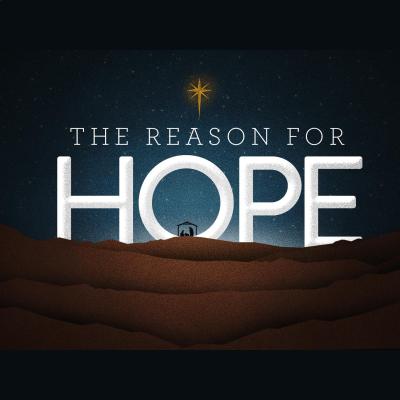SERMON SUMMARY
In 1951 an unwanted baby, conceived outside of marriage, was born to a family in Portsmouth, Virginia. The ensuing chaos destroyed the lives of the mother, her husband, and Glenda’s older half-sister. That baby was Glenda Revell1. Glenda begins her autobiography with these words: “If this were just a story about my suffering, it would be ordinary, for suffering is as commonplace as life itself. Rather, this is my account of an extraordinary Savior, who brings light out of darkness, joy out of sorrow, peace out of pain.”
Glenda’s mother was an alcoholic, and vicious toward the girl she believed had ruined her life. When she found out she was pregnant by a man to whom she was not married, she planned to have a back-alley abortion, but lost her courage. For the first five years of Glenda’s life, her mother wouldn’t even have her in the same home, and so she was raised by an aunt and uncle. When she made visits home, she was savagely beaten. At age three, Glenda’s mother knocked out her two front teeth. At age five, the aunt and uncle sent her back home. From then until puberty, Glenda’s “father”, in Glenda’s words, “mutilated her innocence over and over again”. And her mother, of course, never protected her. As a result, Glenda hated her mother—even wishing to kill her. I won’t go into more details of Glenda’s painful life. It started in adultery and attempted abortion, and was filled with alcoholism, abuse, alienation, and abandonment. I’m afraid that many of you can identify with some—perhaps even many —of the details of Glenda’s story.
But that’s not how we want life to be. And that’s not how life is supposed to be. That’s not how God intended it to be. Read Zephaniah 3:17. Is this too good to be true? This is the message of Christmas! God came to live among us, to be our mighty savior. He did this because he delights in us. He’s glad that he created us. He loves us and longs to calm all our fears. But, of course, this isn’t what Glenda experienced growing up. God’s love and light didn’t reach into Glenda’s home as he intended it to. Instead of reconciliation, there was agitation, estrangement, evil, and enmity. Why do we have animosity rather than love, estrangement rather than reconciliation?
Seven hundred years before he was born, Isaiah prophesied about the coming “Prince of Peace” (Isaiah 9:6). Now that’s what Glenda needed! That’s what we need. But we don’t have it. Some of us don’t have any peace at all—not inside us, nor outside us. But guess what. Our situation is even worse: the Bible says that our need for reconciliation goes deeper than just and interpersonal disharmony. The Bible says that we’re at odds with God (Isaiah 59:2; John 3:36). But the Bible teaches that absolute reconciliation is available to us now, because of Christmas (Romans 5:8-11). As a young nursing student, Glenda experienced reconciliation with God. Is that your story? Have you been reconciled to God?
Reconciliation has two dimensions: vertically, between us and God, and then horizontally in all our relationships (Ephesians 2:14-16). This is a theological reality, but many of us aren’t experiencing it. All people experience conflict—even the Apostle Paul (Acts 15:36-39). But he resolved it (Colossians 4:10; 2 Timothy 4:11). God tells us to be peacemakers (Matthew 5:9; James 3:18; 2 Corinthians 5:17-20). We have a choice: which path will we take? Reconciliation is available to us—vertically, with God Almighty. Horizontally, if we will choose to be peace-makers.
1 Glenda’s Story: Led By Grace, by Glenda Revell. Forward by Elisabeth Elliot. © 1994. ISBN 0-8474-1154-0
APPLICATION / CHALLENGE
- Be reconciled to God, through the sufficient sacrifice of the Lord Jesus Christ (Ephesians 2:2-9). Learn more here about a personal relationship with God.
- Seek to reconcile all of your relationships which are strained (Matthew 5:9; Romans 12:18).


